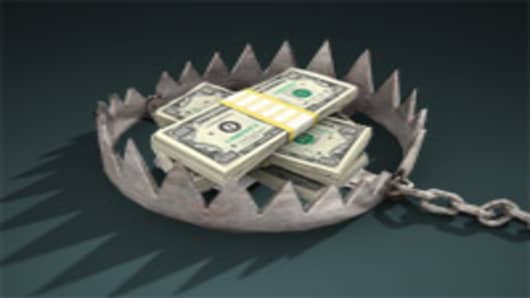The economic crisis threatens to increase protectionism as governments think more on a national than an international level, Pascal Lamy, Director General of the World Trade Organization (WTO) told CNBC Thursday.
He added that it is now much more difficult to get big players such as the US and China to commit to agreements than a few years ago, and warned of “increasing protectionism pressures” and a “vicious circle” if countries don’t co-operate.
“We are in a vicious circle where crisis erodes the capacity of governance to cooperate well as the necessity of co-operation increases,” Lamy said.
“The paradox being that the less they co-operate on international issues, the more difficult exiting this global crisis will be.”
The WTO expects 2012 to be a bumpy year, with the slowdown continuing and pockets of recession around the world.
“I’m afraid we have to expect difficult times for the world economy at large. This leads national politicians to focus more on their numerous problems at home, with unemployment rising,” said Lamy.
“They are obviously less available for international cooperation.”
His comments came as Russia prepared to join the WTO in 2012, another signal of the former Communist country’s emergence as a global economic power. There areincreasing signs of discontent with the Russian government, with protests in Russia last weekend following elections.
To join the organization, Russia will have to remove or alter some trade barriers, and bring her business regulations into compliance with its rules. This is likely to mean more transparency and accountability within Russian business – something which prominent Russian businessmen have called for and current President Dmitry Medvedev is eager to bring in. Negotiations for its entry, which started soon after the collapse of Communism in Russia, have taken 18 years so far.
“Russia joining the WTO is clearly a big step forward,” said Lamy.
“Russia accepts playing by the rules of international trade, which will be good for them because exports will benefit from this insurance policy against protectionism. Russia’s trade partners will benefit from a better regulated, more transparent business environment.”


